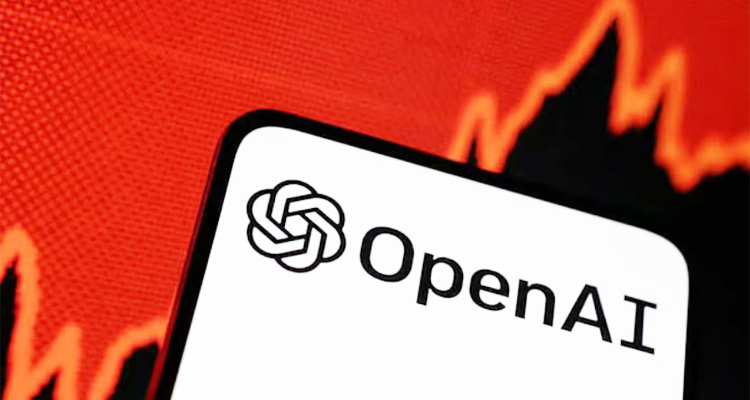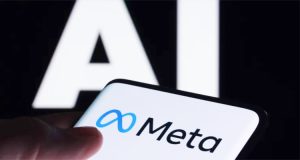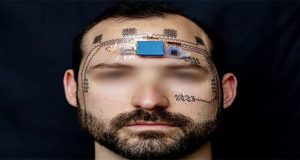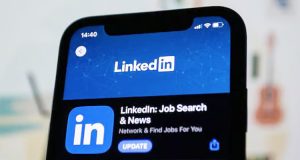Chatbots Will Be Twice as Skilled as Teachers in the Next 10 Years

AI teacher future
Within the next decade, artificial intelligence (AI)-based chatbots will become twice as effective as humans in teaching. This prediction was made by Geoffrey Hinton, a pioneer in AI technology.
Speaking recently at the GITEX Europe conference held in Berlin, Hinton said, “AI teachers are not fully ready yet, but they will soon become a reality. Using AI teachers will significantly improve the quality of education at various levels.” According to him, when a student learns with the help of a personal tutor, their learning speed is almost twice that of a regular classroom because the tutor can identify which topics the student hasn’t fully understood and explain accordingly.
Hinton believes AI will be able to perform this task even more precisely. AI will understand each student’s level of comprehension and provide explanations accordingly. By analyzing the learning experiences of millions of students, AI will continuously improve its own effectiveness.
Some schools in the United Kingdom have already begun pilot programs using AI-based teachers. These AI teachers can interact directly with students and create lesson plans tailored to their knowledge levels. A chatbot developed by Meta called ‘Manda’ is currently being used to teach math and English in several secondary schools across the UK. It follows the national curriculum’s stages 3 and 4 for students aged 11 to 16.
For training Manda, 550,000 minutes of video and audio data, enriched with explanations from 300 teachers, were used. The AI adjusts the curriculum according to each student’s skill level, and students can ask questions anytime they want. The estimated monthly cost for this AI teacher per student is £10.
In August last year, London’s David Game College started teaching in a ‘teacherless’ GCSE classroom using AI and Virtual Reality (VR) technology. The institution stated that the AI platform identifies students’ weak and strong subjects and creates personalized lesson plans. The weaker subjects are taught first, while relatively easier topics are reserved for later practice. The college’s deputy principal, John Dalton, said, “There are many excellent teachers. But we are all human and can make mistakes. However, the way AI can analyze each student’s learning pace, weaknesses, and progress is something beyond human capability.”
Due to extra workload, time constraints, and classroom limitations, many teachers are now seeking AI assistance for lesson planning, homework evaluation, and providing feedback. However, Geoffrey Hinton has also expressed concerns about the rapid development of artificial intelligence. He said, “Within the next two decades, AI could become ‘super intelligence,’ surpassing human intelligence. We are creating something unknown to us. We still don’t know how to keep these technologies safe.”







